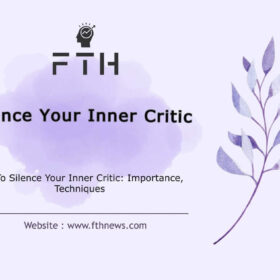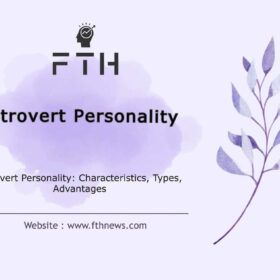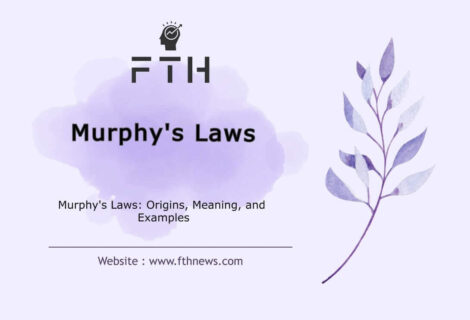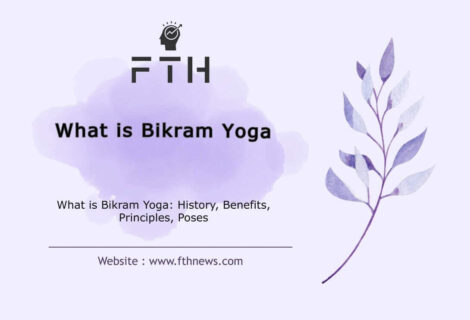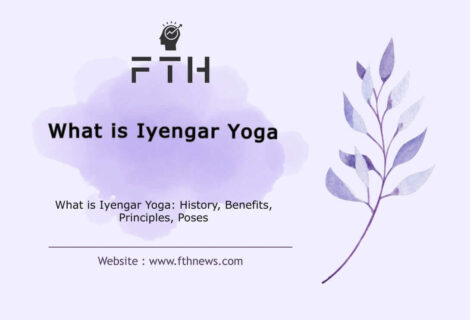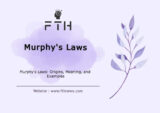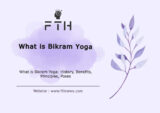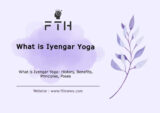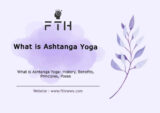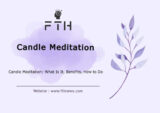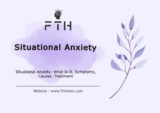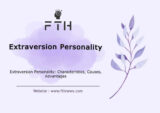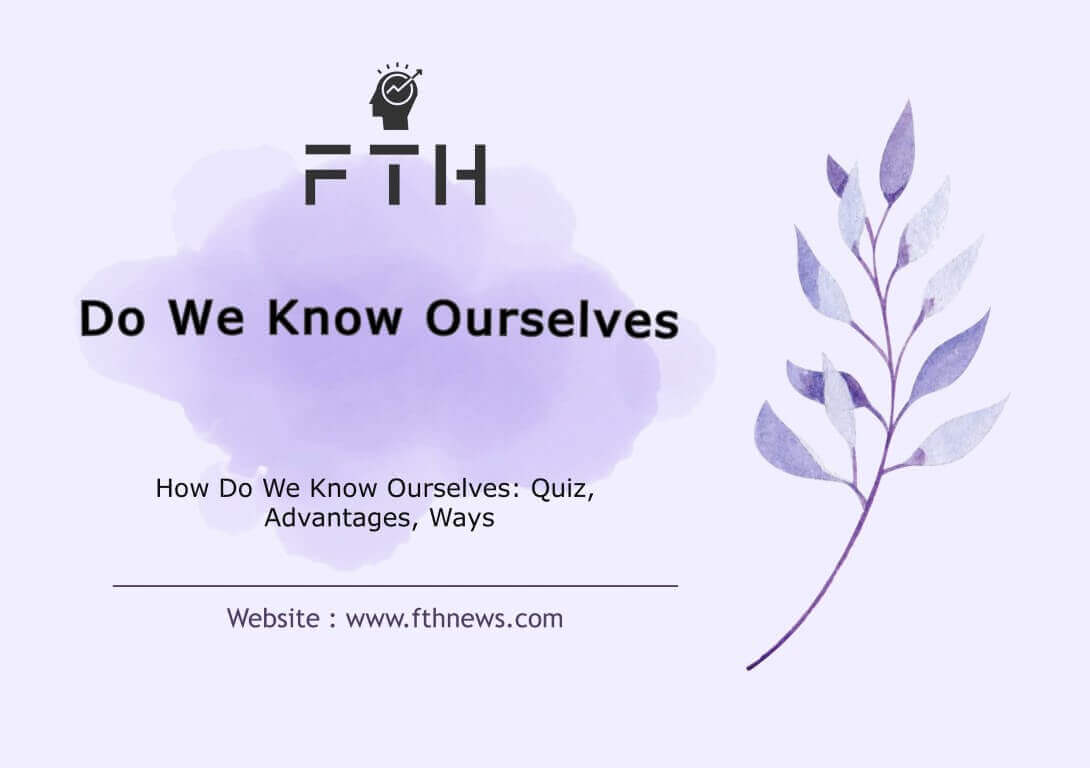
How do we know ourselves? Delving into the labyrinth of self-awareness is a journey as old as humanity itself. From the ancient teachings of Socrates to modern psychological research, the quest to understand ourselves has been a perennial pursuit. In this article, we’ll explore the six key factors of self-knowledge outlined in your text, enriched with insights from groundbreaking research and renowned experts in the field.
How Do We Know Ourselves?
The question “How do we know ourselves?” encapsulates the journey, a fundamental aspect of human existence. It prompts individuals to delve into introspection and reflection, seeking to understand the complexities of their own thoughts, emotions, behaviors, and identities.
1. Values:
Dr. Brene Brown, a renowned research professor at the University of Houston, has dedicated her career to studying topics such as vulnerability, courage, and shame. She’s like a detective, but instead of solving crimes, she looks into why we feel certain ways. Brown says it’s really important to live by what matters most to us. In her book “Daring Greatly,” she talks about how sticking to our values helps us feel strong even when things get tough. When we know what we stand for and live by it, we feel more confident and ready to face life’s ups and downs.
Brown’s ideas show us that it’s okay to be open about our feelings, even if it feels scary. Being honest about who we are helps us connect with others and live happier lives.
Including Brown’s thoughts in our discussion about values helps us see how important it is to know ourselves and live by what we believe in. By bringing together her ideas with what we’ve already talked about, we can understand better how knowing ourselves can make our lives richer and more meaningful.
2. Interests:
Imagine getting lost in a book you love, where hours pass by like minutes and you can’t put it down—that’s what psychologist Mihaly Csikszentmihalyi calls “flow.” In his book “Flow: The Psychology of Optimal Experience,” he talks about this magical feeling. Csikszentmihalyi says that when we’re in a state of flow, we’re completely absorbed in what we’re doing, and it feels amazing.
For example, let’s say you’re a basketball player. When you’re on the court, dribbling, shooting, and working with your team, you might enter a state of flow where you’re completely focused and in the zone. Everything else fades away, and you feel like you’re playing your best game ever.
These flow experiences aren’t just limited to sports; they can happen in all kinds of activities. Whether it’s painting, cooking, gardening, or even playing video games, these moments of total immersion give us clues about what we’re truly passionate about.
By paying attention to these flow experiences, we can uncover our interests and hobbies that bring us joy and fulfillment. Just like finding treasures hidden in plain sight, these moments of flow reveal the activities that make our hearts sing and our spirits soar.
Nature:
Understanding our individual traits and tendencies is essential for leveraging our strengths and navigating our challenges. Are we introverted or extroverted? Understanding whether we lean towards introversion or extroversion can profoundly impact how we navigate the world. Do we approach life with logic or emotion? By embracing our unique nature, including our introverted tendencies, we empower ourselves to make choices that align with our authentic selves, fostering greater authenticity and fulfillment.
For instance, let’s say you’re faced with a big decision: whether to take a job offer in a bustling city or a quiet countryside. If you’re someone who thrives in busy environments and loves being around people, the city might be the perfect fit for you. On the other hand, if you’re someone who values peace and solitude, the countryside might be more appealing.
By understanding our own nature—whether we’re introverted or extroverted, logical or emotional—we can make choices that feel true to who we are. Instead of trying to fit into someone else’s mold, we can embrace our unique qualities and make decisions that align with our authentic selves. This leads to greater fulfillment and happiness in the long run, as we live our lives in harmony with who we truly are.
4. Rhythm of Life:
Our bodies have their own internal clocks that govern when we feel alert and when we feel tired. This is called our circadian rhythm, and it plays a big role in how we function every day. Dr. Matthew Walker, who wrote the book “Why We Sleep,” has studied this extensively.
For example, think about when you feel most awake and energetic during the day. Some people are morning people—they wake up feeling refreshed and ready to tackle the day. Others are night owls—they feel more alive and creative in the evening. This is all part of our circadian rhythm.
By paying attention to our natural rhythms, we can optimize our daily routines for better productivity and well-being. For instance, if you’re a morning person, you might schedule important tasks or meetings for the morning when you’re most alert. If you’re a night owl, you might save creative projects or brainstorming sessions for the evening when your mind is buzzing with ideas.
Aligning our activities with our natural rhythms helps us make the most of our energy levels and cognitive function throughout the day. By working with our body’s internal clock instead of against it, we can boost our productivity, creativity, and overall quality of life.
5. Goals and Mission:
Have you ever thought about what gives your life meaning and direction? Dr. Martin Seligman, a psychologist who wrote the book “Authentic Happiness,” has some interesting ideas about this.
Imagine you’re on a journey and you have a map that shows you where you want to go. Your goals and mission in life are like that map—they guide you toward what matters most to you. Seligman’s research shows that when we have clear goals and a sense of purpose that align with our strengths and values, we feel more fulfilled and satisfied with our lives.
For example, let’s say you’re passionate about helping others and you have a talent for writing. Your goal might be to write a book that inspires people to make positive changes in their lives. By working towards this goal, you not only use your strengths and talents but also make a meaningful difference in the world.
Having a sense of purpose and direction in life gives us something to strive for and keeps us motivated, even when things get tough. It’s like having a north star that guides us through life’s ups and downs. By cultivating this sense of purpose, we enhance our resilience, motivation, and overall happiness.
6. Strengths:
Have you ever thought about how your beliefs about yourself can shape your life? Dr. Carol Dweck, a psychologist who wrote the book “Mindset: The New Psychology of Success,” has some fascinating insights about this.
Dweck talks about something called a “growth mindset.” This is the belief that our abilities can be developed through dedication and hard work. People with a growth mindset see challenges as opportunities to learn and grow, rather than as threats to their intelligence or talent.
For example, let’s say you’re learning to play a musical instrument, and you hit a roadblock. If you have a growth mindset, you might see this as a chance to practice and improve your skills. But if you have a fixed mindset—the belief that your abilities are set in stone—you might give up easily and not bother trying again.
By embracing a growth mindset and believing in our ability to learn and improve, we become more resilient and persistent in the face of obstacles. We’re more likely to keep pushing ourselves and striving for our goals, even when things get tough. This leads to a lifelong love of learning and a greater sense of accomplishment and fulfillment in everything we do.
what a self-aware person look like
Ever wondered what it means to really know yourself? Let’s take a look at what a self-aware person might look like and the many benefits that come with self-discovery.
Imagine someone who knows their strengths and weaknesses, their likes and dislikes, inside and out. This person is comfortable in their own skin, confident in who they are, and unafraid to show their true selves to the world. They make decisions with clarity and purpose, knowing what truly matters to them and what they want out of life.
Now, let’s explore some of the advantages of self-aware:
- Increased Happiness: When we know ourselves well, we’re better able to identify what brings us joy and fulfillment. We can pursue activities and relationships that align with our values and aspirations, leading to greater happiness and satisfaction in life.
- Enhanced Resilience: Self-aware individuals are better equipped to handle life’s challenges and setbacks. They understand their strengths and weaknesses, allowing them to navigate obstacles with confidence and adaptability. Instead of being derailed by adversity, they use setbacks as opportunities for growth and learning.
- Improved Decision-Making: Knowing ourselves enables us to make decisions that are in alignment with our values, goals, and priorities. We’re able to weigh options more effectively, anticipate potential outcomes, and make choices that serve our best interests in the long run.
- Better Interpersonal Relationships: Self-awareness fosters empathy, understanding, and authenticity in our interactions with others. When we know ourselves well, we’re more attuned to the needs and perspectives of those around us, leading to deeper connections and more fulfilling relationships.
By deepening our understanding of ourselves, we unlock the door to greater authenticity, fulfillment, and well-being in every aspect of our lives. Self-discovery isn’t just a journey—it’s a transformative process that enriches our lives and empowers us to live with intention and purpose.
Quiz: How Well Do You Know Yourself?
- Values:
- What principles guide your decisions and actions in life?
- Rate your clarity about your core values on a scale of 1 to 5.
- Interests:
- What activities make you lose track of time because you enjoy them so much?
- Rate your understanding of your passions and hobbies on a scale of 1 to 5.
- Nature:
- Are you more comfortable in social settings or alone with your thoughts?
- Rate your knowledge of your social preferences on a scale of 1 to 5.
- Rhythm of Life:
- Do you thrive in the morning or evening? When do you feel most productive?
- Rate your awareness of your daily energy patterns on a scale of 1 to 5.
- Goals and Mission:
- What are your long-term aspirations? What motivates you?
- Rate your clarity about your life goals on a scale of 1 to 5.
- Strengths:
- What are your unique talents and abilities? What do others praise you for?
- Rate your confidence in your strengths on a scale of 1 to 5.
Scoring:
- Add up your scores from each question to get your total score out of 30.
- Higher scores indicate a greater level of self-awareness.
Interpreting Your Score:
- 6-12 points: Beginning your journey of self-discovery.
- 13-24 points: Making progress in understanding yourself.
- 25-30 points: Demonstrating strong self-awareness.
Take your time answering each question honestly. This quiz is designed to help you reflect on your self-awareness and encourage personal growth.
Conclusion How do we know ourselves
In the pursuit of self-discovery, we embark on a journey of profound transformation and personal growth. By integrating insights from psychology, philosophy, and cutting-edge research, we illuminate the path to greater self-awareness, resilience, and fulfillment. As we navigate the complexities of life, may we continue to embrace the adventure of self-discovery with curiosity, courage, and compassion.
Through strategic optimization and thoughtful content creation, we aim to share these insights with a wider audience, empowering individuals to embark on their own journey of self-discovery and unlock their full potential.



